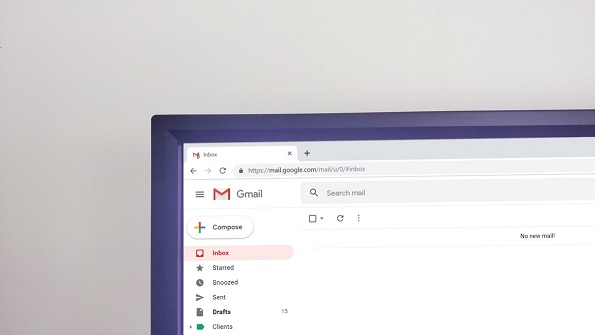
A super simple guide in writing rejection emails to your Job Applicants
Rejection emails

“Rejection is merely a redirection; a course correction to your destiny.
– Bryant McGill”
A rejection email for job applicants
Every day you receive more applications than you can handle for a particular post. Responding to all the applicants takes a lot of time. As a hiring manager, you may send more job rejection letter than offer letter. It can probably make you feel awkward. However, you mustn’t skip or delay sending a personalised rejection message to the people who took their valuable time to apply and interview for the opening.
They might have put all their commitments aside just for this interview. So, it is imperative to send a rejection letter to them so that they can move on with their job search.
Want to write a professional yet kind rejection letter? Follow the steps below to the essential things a thorough rejection email should include.
A rejection is nothing more than a necessary step in the pursuit of success.
– Bo Bennett
How should a perfect rejection email be?

- Thank the candidate warmly
The first thing you need to write in a rejection email is gratitude. You should thank your candidates for their interest in the company and the time they invested in the application and the interview process for the role title. It helps you end the rejection letter on a positive note and wish the person the very success. A polite and genuine appreciation also shows an applicant that your company values others’ time.
- Make it personalise
A rejection letter should not be a generic template. It should be personalised, including the position for which the candidate applied and the date of the interview.
- Provide feedback
It is understandably frustrating when candidates make it till the interview stage, get rejected, and don’t receive an explanation of why. Instead, you can explain why he didn’t get chosen for the job role. You can provide them with insight into areas of improvement they can consider in the next in their job search and achieve a successful career.
- Leave the door open
If you feel the candidate is a good fit for the company, you can let them know that you would like them to apply for other opportunities in the future. For example: If your job description required a candidate to have five years’ experience, but the applicant only had three, then you might say, “Right now, we are looking for candidates with more experience in the field. But surely you can join us in the coming years if we have any vacant chair.
- Identify strengths
You can also point out any strength of the candidate you noticed in the interview, along with the feedback to balance the tone of the letter. Think of some specific strength such as leadership experience, communication skills or technical skill that stood out and mention that in the message. It will aid to soften the blow and instils hope in the candidates. Do not forget to conclude the letter by wishing the candidate luck in the job search.
Remember, sending a rejection email is vital as it is the last opportunity to build a relationship with the candidates. A polite and on the point email will cause them to think favourably of your company. It surely sky-high your company’s reputation as you create a good impression on the candidate’s mind and the people affected by his opinion as well.

Don’t ever believe that this is unimportant for your reputation as a potential employer. “Start by doing what’s necessary; then do what’s possible, and suddenly you are doing the impossible.”
– Francis of Assisi




